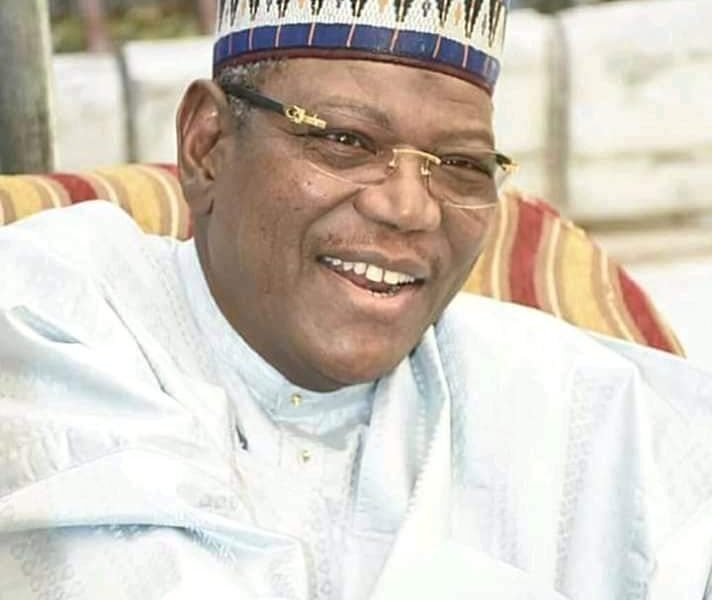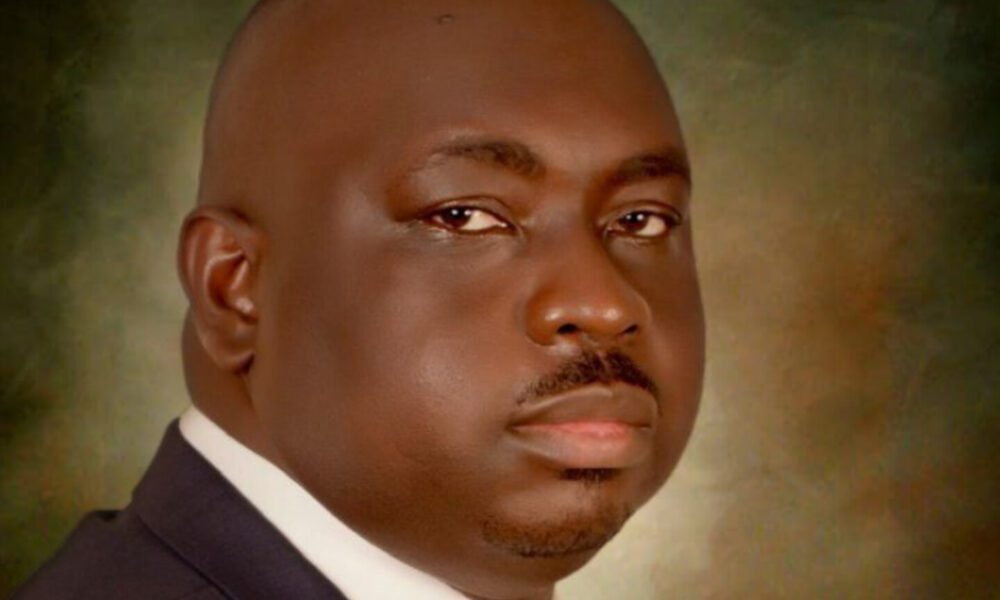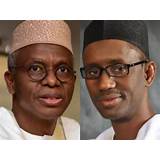By Adamu Muhd Usman
“The golden moments in the stream of life rush past us, and we see nothing but sand: The angels come to visit us, and we only know them when they are gone.” — George Eliot
Time flies. Positions change. Money disappears. Beauty fades. Power shifts. Events pass. Empires fall. Memories are forgotten. History is distorted. People die.
With these realities in mind, I am reminded of Sir Winston Churchill’s reflections following the Second World War and the fall of Hitler’s Third Reich. In his characteristic rhetorical style, Churchill praised the bravery of the pilots who fought in the Battle of Britain, declaring, “Never in the field of human conflict was so much owed by so many to so few.” He meant that the entire British Empire and its people owed their survival to the courage of those few pilots who resisted the Nazi invasion.
Unfortunately, today’s Nigeria tells a different story—one characterized by a glaring lack of faithful, honest, committed, courageous, and selfless leadership. The North, the entire nation, and even parts of Africa remain trapped in cycles of socio-political, economic, and educational crises, worsened by poor governance and leadership failures.

This brings us to the subject of Sule Lamido. While many know who he is, few have paused to ask who can replace him or inherit his legacy. Leadership inheritance transcends material possessions like wealth and power; it also includes values, knowledge, and ideology.
Sule Lamido’s story is one of resilience, service, and achievement. He began as a merchant in the 1970s, traveling across southern Nigeria. He later became a unionist, a member of the National Assembly in the late ’70s, a civil servant in the ’80s, a political party leader, a diplomat in the late 1990s, and the executive governor of Jigawa State in 2007.
His tenure as a politician, minister, and governor left a legacy that cannot be forgotten—even by the least politically inclined among us.
Lamido’s administration recorded significant achievements in education, healthcare, agriculture, potable water supply, societal reorientation, civil service reforms, youth and women empowerment, commerce, technology, rural and urban development, and road infrastructure. Notable among his achievements were human development programs such as the Talakawa Summit and the Jigawa Summit on Investment.
Lamido’s life has been devoted to defending democracy and promoting societal development. He remains a bold, courageous, and visionary leader—dedicated to improving lives, advancing democracy, and serving humanity selflessly.
Lamido’s political career is deeply intertwined with Nigeria’s democratic history. He played key roles during the Fourth Republic, particularly as the national secretary of the Social Democratic Party (SDP), which supported the late Chief MKO Abiola’s emergence as Nigeria’s most credible elected president. He was also a founding member of the People’s Democratic Party (PDP) in 1998/99 and remains active in its affairs today.
Despite facing political persecution, witch-hunts, and imprisonment—especially under the PRP and military regimes—Lamido remained steadfast in his fight for democracy and the rights of the downtrodden.
Lamido’s legacy includes his struggles, sacrifices, and achievements as a politician and democrat. He has never been accused of tribalism, nepotism, or religious bias. His integrity, competence, and ability to build bridges among diverse groups make him a true nationalist.
In political circles, analysts and observers alike agree that no one in the region or even the nation matches Sule Lamido’s credentials and achievements. His wealth of experience, character, and influence place him in a class of his own. Few, if any, can match his political alliances, governance record, and commitment to democratic values. Indeed, Dr. Sule Lamido (CON) embodies the qualities Nigeria needs in leadership today.
However, the pressing question remains—who can step into Sule Lamido’s shoes?
This is a vital question that calls for serious reflection among political elites, northern elders, Jigawa citizens, and members of the Sule Lamido Political Dynasty (SLPD)—the Hurriyya family.
Sule Lamido’s successor must be humane, acceptable, and capable of managing people across tribal, religious, and political divides. They must be selfless, courageous, and deeply committed to the welfare of the people—offering servant leadership driven by the fear of God rather than selfishness, arrogance, or vindictiveness.
Such a person must continue Lamido’s legacy of speaking truth to power, protecting the well-being of the masses, and championing progressive governance without bowing to praise-singers or political antagonists.
History is the ultimate judge of men and events. Like a mirror, it reflects the true image of what stands before it. Despite attempts to manipulate it, the truth always prevails.
And so the search continues—In Search of the Next Sule Lamido.
Because if it’s not Sule Lamido, it’s not Sule Lamido.
Adamu writes from Kafin-Hausa, Jigawa State.



